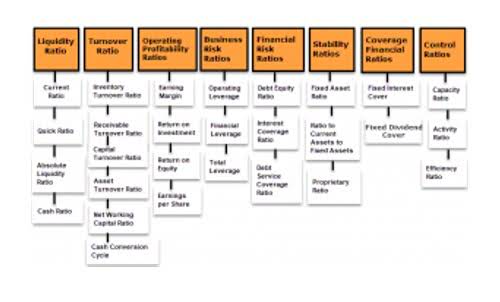How Technology is Transforming the Accounting Profession

Implicitly, therefore, the attention has been on refining the quality of the answer, rather than explaining the answer. But as AI is maturing, the latter is becoming increasingly important for enterprise adoption. This is both for decision making within a business, and post-fact audit of decisions made. Moving forward, AI-powered solutions such as optical character recognition (OCR) will make it easier to extract information, while integrations with payment gateways will help drive real-time processing. From a business perspective, this will provide a major competitive edge, as it will be easier to promptly identify and respond to market changes.
- These new technologies will create a marked improvement in efficiency and productivity, while also offering accountants a better balance between their domestic and work lives.
- Their ability to navigate these complexities is vital to the success of such deals.
- Artificial intelligence (AI) is revolutionizing accounting practices by automating complex tasks and providing advanced analytical capabilities.
- Data analytics is revolutionizing accounting by enabling financial professionals to uncover patterns and insights from vast datasets.
- Thank you to the thousands of tax and accounting professionals who participated in the 2025 Readers’ Choice Awards.
How to determine AI technology needs
Tasks like data entry, invoice processing, bank reconciliations, and report preparation are most often automated. These repetitive and rule-based activities allow software to perform with higher speed and accuracy accounting technologies than humans. Using automation helps save time on routine work, reduce errors, and improve record keeping.
Ensuring Security and Privacy
- Agile work practices could lead to more diverse workplaces, as well as allow businesses to find better recruits in different locations.
- Accounting, for better or worse, has the stereotype of being a tedious, physically demanding profession that requires perfect numeracy and meticulous attention to detail.
- The trend of customers assigning their endless digital activities to their virtual personal assistants (VPAs), chatbots, and other self-service tools will grow over the next 10 years.”
- Bookkeepers employed various techniques, such as journals, trial balances, and posting, to ensure the accuracy and integrity of financial records.
- Its ability to serve as a single source of truth simplifies reconciliation, a traditionally time-consuming process prone to discrepancies.
- Furthermore, blockchain technology offers a secure and transparent method for recording transactions, ensuring integrity and reducing the risk of fraud.
This preparation strengthens their role as strategic partners, ensuring they contribute meaningfully to business growth. As accountants transition into more advisory roles, effective communication skills are paramount. Professionals must be able to convey financial insights to diverse audiences, fostering collaboration and understanding. Another product, the AICPA’s Dynamic Audit Solution, analyzes large datasets to identify patterns and potential risks. Other products can automatically search for discrepancies and missing data or easily reformat data, if it’s sent in the wrong format. In addition to illuminating Certified Public Accountant these problems and showing how modern accountants can take advantage of new technologies,.

Essential Security Measures for eCommerce Websites
Accountants ensure compliance with both local and international standards, enhancing credibility and competitiveness for multinational enterprises. By employing AI, automation and machine learning in your accounting firm, you can ensure that your business is best positioned to capitalise on this emerging technology. Blockchain technologies offer a huge benefit to accounting firms, with more reliable transactions and greater trust between organizations. Many of the biggest accounting trends have to do with workplace flexibility and remote options. As companies grow more flexible with their employees, their accounting software must become more flexible to cope.

Similarly, accounting has been in the vanguard of technological adaptation, frequently out of sheer necessity. Even though it has been around for a long time, accounting has always been a game-changer, mainly when introducing and adapting new technology. People utilized these devices in stores; they looked like calculators and typewriters, as we read up there. Among their responsibilities were the calculation of net totals, the deduction of discounts, the recording of https://www.bookstime.com/articles/billable-hours billing information, and similar chores. Stop worrying about tedious tasks like document collection and focus on what you do best.
- Machine learning uses algorithms to create models that automatically process and analyze enormous volumes of data.
- Automating reconciliation processes and ensuring compliance with contractual commitments are two ways in which organizations can utilize smart contracts.
- AI is currently one of the most widely discussed topics, not only in the context of accounting technology trends but also across various industries and fields.
- These reports can be customized to meet the specific needs of stakeholders and provide valuable insights into the financial health and performance of the business.
- As these trends continue, accounting is set to benefit enormously from continuing technological progress.

Comments are closed.